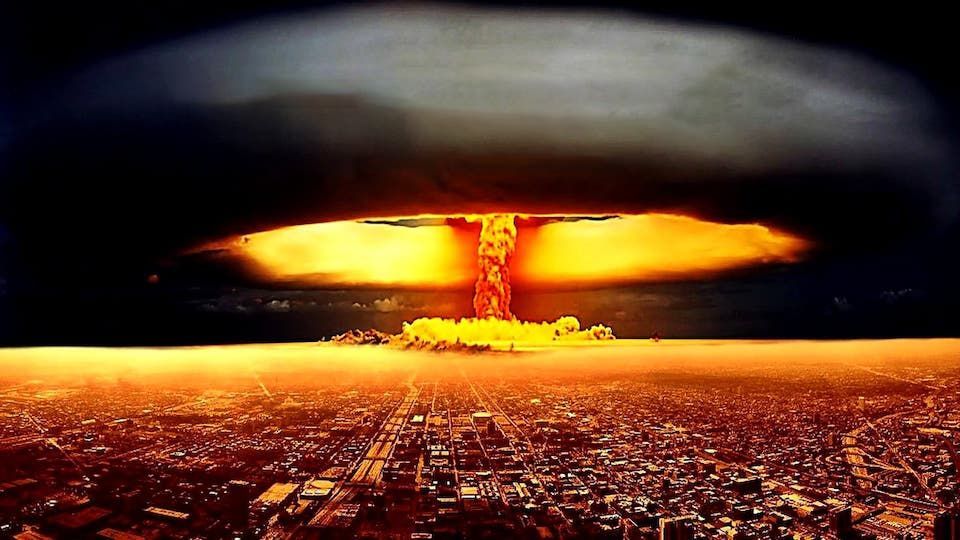David Raksin: Working in Television

Originally published in Soundtrack Magazine Vol.9 / No.36 / 1990
Text reproduced by kind permission of the editor, Luc Van de Ven
David Raksin, one of the last greats of the Golden Age of Hollywood film scoring who is still active, last fall (1989) composed his first TV score in six years. It was for an NBC TV-movie called LADY IN A CORNER, starring Loretta Young.
Raksin’s television assignment was easier than his last in at last one respect - it was obvious that his music was not only sought but respected. Last time out, he wrote 28 minutes of original music for the controversial nuclear-war film, THE DAY AFTER; only four and a half minutes of which survived in the final cut (not counting his Main and End Titles, which were adapted from Virgil Thompson’s THE RIVER score).
In an Interview granted a few days before the film aired on Dec. 11, Raksin laughed about the notion - “two antediluvian monsters, Loretta Young and me,” he said. He was quite candid about the nature of the score: “The job of the music in that film is to do something that surrounds Ms. Young with the kind of style that befits the character.”
Young plays a long-respected New York fashion magazine editor whose publisher (Brian Keith) plans to sell to a foreign magnate and whose imminent succession by a young upstart (Lindsay Frost) leads to friction and complex corporate games.
Raksin said he accepted the assignment because executive producer Stuart Millar was an old friend. Due to the usual TV complications involving last-minute changes, Raksin had just two and a half weeks to write 35 minutes of music for a 31-piece orchestra. “I worked literally 18 to 20 hours every day. Which is what we used to do all the time - because we had this stupid, prideful idea that we could absorb any amount of punishment and we could make up for ineptitudes in scheduling, which naturally don't take human endurance into consideration. So it was a hassle.” But, he was quick to add, “it's still fun to compose, to solve the problems of a movie like this.”
About THE DAY AFTER, which premiered with much fanfare in 1983, Raksin seems more disappointed than bitter about the lost music. He calls the missing score “some of the best music I ever wrote,” but now believes that director Nicholas Meyer (who did TIME AFTER TIME with Miklos Rozsa) and his colleagues wanted to avoid any suggestion that music was manipulating viewer's emotions.
That, Raksin says, violates the whole idea of music for films: “I said, why don't you save yourself a lot of trouble and the network a lot of money - you should have forgotten about both the camera and the music!” He recalled a moment when his threnody for the film's final scenes brought tears to the eyes of observers in the control room at Paramount.
“The moment you do something that makes some kind of mark, it alters the balance of the scene. If it alters it for the good, that's wonderful. If it doesn't, that's a shame. We can't be right all the time. But we're much more often right than we are wrong, because we not only know our own profession, we know theirs. And we're not in the business of giving concerts - we're in the business of writing music for film. A more skillful lot you'll never find anywhere.”



